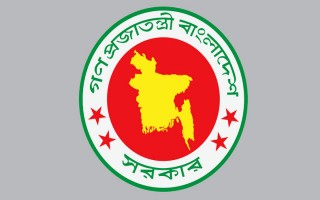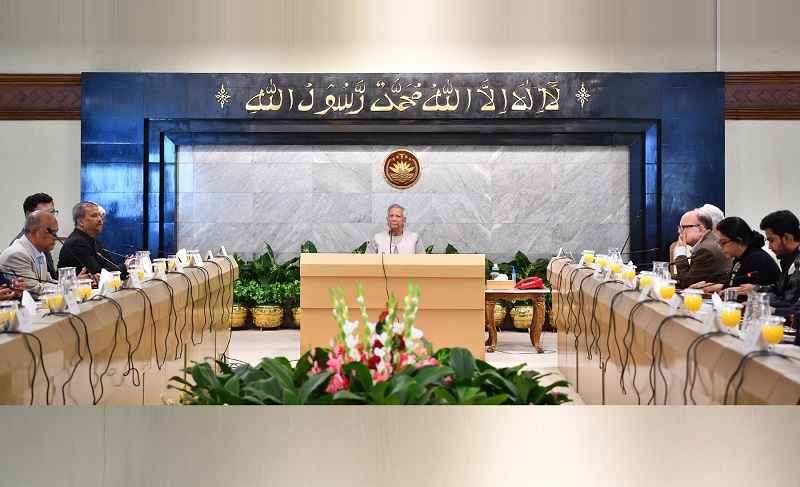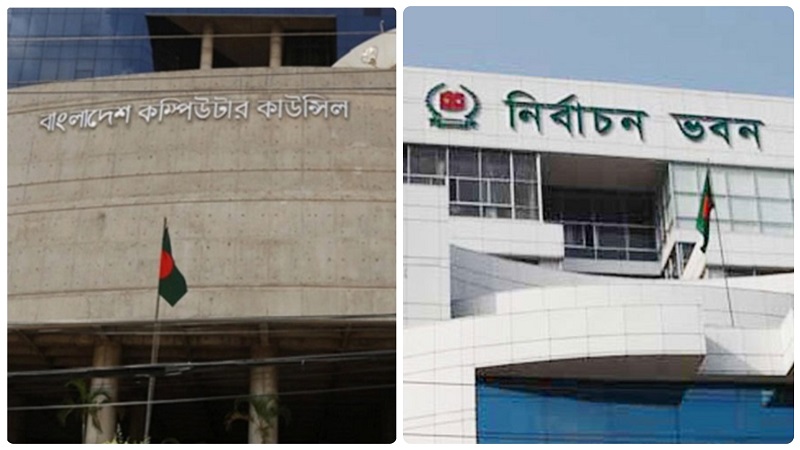The government is planning to roll out another stimulus scheme against the looming second COVID-19 wave this winter although almost half the Tk 1.2 lakh crore first package was not implemented in past seven months.
Finance Division secretary Abdur Rauf Talukder on Thursday said that they were consulting development partners to prepare for the second round of incentives to keep the wheels of the economy running.
He was addressing a seminar titled Stimulus Packages for Sustainable and Inclusive Recovery from COVID-19 Fallout in Bangladesh at Osmani Memorial Auditorium in the capital.
This was the last of the three seminars arranged by the Finance Division to solicit opinions from policymakers, researches, development partners about the 21 stimulus packages under the first incentive programme announced in phases since April.
The recommendations from the seminars will be incorporated in the upcoming second incentive scheme before seeking approval for it soon from the higher authority.
Major recommendations as suggested by speakers in the seminars are streamlining the disbursement of the loan funds by banks and non-bank financial institutions to small and medium entrepreneurs.
As of November 30, only 41 per cent of the Tk 20,000 crore stimulus package for the SME sector was disbursed by banks while the disbursement rate under the Tk 40,000 crore package for big industries was 71 per cent.
According to the finance secretary, 55 to 56 per cent of the funds under the first stimulus programme was disbursed until November.
The RMG sector has availed the entire Tk 5,000 crore allocation at two per cent service charge and has also received Tk 5,500 crore from the Tk 40,000 crore fund meant for large industries.
Speakers at the Thursday’s seminar sought corrections in the social safety net programme database and checking corruption in the selection of beneficiaries of other incentives, including cash transfer to informal sector workers who suffered job losses during the 66-day shutdown enforced by the government owing to the COVID-19 outbreak.
Abdur Rauf claimed that the one-time direct cash transfers amounting to Tk 2,500 each to the targeted 50 lakh households was made flawlessly by checking the identities of the 60 lakh proposed beneficiaries with the national identity card.
The division identified the presence of 25.1 lakh fake assistance seekers as 34.9 lakh people were finally included in the cash distribution programme.
Local government, rural development and co-operatives minister Md Tazul Islam, addressing the seminar as the chief guest, said that leakages in the food relief distribution programme under one of the biggest-ever incentive packages were very insignificant.
He doubted a successful mechanisation in the agriculture sector because of the current arable land demarcation system.
The seminar was also addressed by cabinet secretary Khandker Anwarul Islam, Metropolitan Chamber of Commerce and Industry president Nihad Kabir, European Union ambassador in Bangladesh Ransje Teernick, Dhaka University economics professor Firdousi Nahar, Economic Research Group executive director Sajjad Zohir and Centre for Policy Dialogue research director Khondaker Golam Moazzem.
Nihad Kabir suggested that the proposed second incentive scheme should be target-oriented, not a blanket one, and ensure a last-mile delivery of the aid.
She also called for the introduction of a universal pension scheme.
Sajjad Zohir praised the Finance Division secretary for introducing a scanning system to identify fake fund seekers but criticised him for comparing the country’s recovery position to Japan.
Golam Moazzem asked the government to think about the new poor who according to him numbered about 1.7 crore.
He also demanded the inclusion of these poor people in the social safety net programme since only 33 per cent of the country’s poor were covered under the programme.
Firdousi Nahar demanded the establishment of an agriculture price commission as difference in prices between rice and others foods are growing.
She noted that the poor could hardly afford nutritious foods, other than rice.













